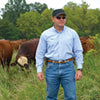April 02, 2020 0 Comments
By Dr. Allen R Williams, Ph.D.
As I described in yesterday’s blog, it is getting crazy out there and the panic buying is not subsiding. What is occurring in our nation, and around the world, only serves to substantiate why we need regenerative agriculture now more than ever. It is no longer just about the climate, our water quality, and our ecosystems. They are all still vitally important, but an even more pressing need has emerged.
In the past several decades our agriculture and food systems have become increasingly consolidated and centralized. For example:
Why is this a problem when faced with a pandemic such as the coronavirus? Look no further than your bare local grocery store shelves. Food has to travel more than 1500 miles in the U.S. to get to its final destination of a grocery store or restaurant.
As I explained in my prior blog, we do not have a shortage of food in the U.S., as we have more than 8 billion pounds in frozen stocks. What we have is a transportation problem that is easily overwhelmed.
Centralized food production, processing, and cold storage seem wonderful and awfully efficient when everything is working well. However, when things break down, we find ourselves scrambling for food.
In addition, the larger the farm and the larger the processor, the more people there are that touch your food and everything it comes in contact with. This puts us all at a heightened risk. It's hard not to be in close proximity to your fellow workers in a large, industrial scale food processing plant.
Moving back to regenerative agriculture means we can trend back towards smaller family owned farms that are profitable and support the families that operate them.
This means fewer hands touch the food being produced on those farms. And, more family farms means more local and regional processing. These plants, like Joyce Farms' plant in North Carolina, are substantially smaller than the massive plants operated by the large food companies. That equals fewer hands touching the food in those plants.
Now to be fair, the hands that touch food in any plant, large or small, are gloved hands. But, it is not just hands that transmit viruses - it is the breath of any carrier as well. I am not saying that the big food companies are bad and large plants are bad. No. They have their place. What I am saying is that if they are our only option, we limit ourselves in a number of ways.
Locally and regionally produced food allows for far more options for the consumer. It is easier to transport and get to consumers in a local market. Local and regional production supports rural economies and returns financial stability to the families that live in these rural communities.
More farms practicing regenerative principles equals healthier soil. Healthier soil equals more nutrient dense foods. More nutrient dense foods equals better human health. Better human health equals stronger immune systems and greater ability to fight off challenges like the coronavirus. Better human health is a direct result of supporting a thriving and diverse gut microbiome. That can only come from better foods.
In my next blog I will explain how the gut microbiome is the key to our immune system strength and ultimate health.
 Written By Dr. Allen Williams, Ph.D.
Written By Dr. Allen Williams, Ph.D.
A champion of the grass-fed beef industry and the growing Regenerative Agriculture movement, Allen helps restore soil health, increase land productivity, enhance biodiversity, and produce healthier food. Learn more about Allen
May 28, 2025 0 Comments
Follow the full journey of our Poulet Rouge® Chicken—from eggs in France to 12 weeks of pasture-centered care on Carolina farms.
